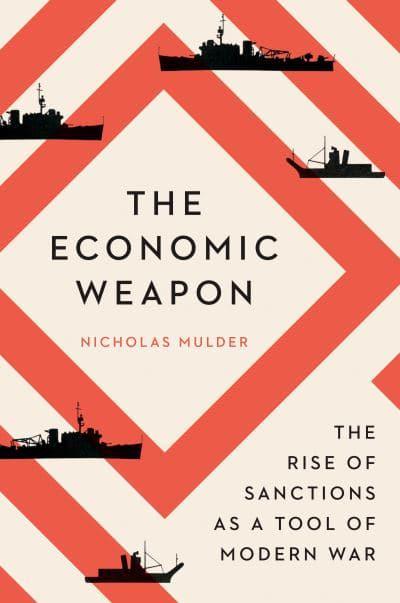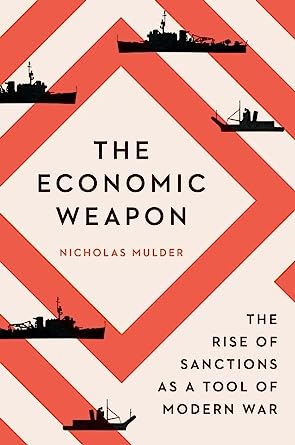The economic weapon
the rise of sanctions as a tool of modern war
- ISBN: 9780300259360
- Editorial: Yale University Press
- Fecha de la edición: 2022
- Lugar de la edición: New Haven. Estados Unidos de Norteamérica
- Encuadernación: Cartoné
- Medidas: 24 cm
- Nº Pág.: 434
- Idiomas: Inglés

Economic sanctions dominate the landscape of world politics today. First developed in the early twentieth century as a way of exploiting the flows of globalization to defend liberal internationalism, their appeal is that they function as an alternative to war. This view, however, ignores the dark paradox at their core: designed to prevent war, economic sanctions are modeled on devastating techniques of warfare.
Tracing the use of economic sanctions from the blockades of World War I to the policing of colonial empires and the interwar confrontation with fascism, Nicholas Mulder uses extensive archival research in a political, economic, legal, and military history that reveals how a coercive wartime tool was adopted as an instrument of peacekeeping by the League of Nations. This timely study casts an overdue light on why sanctions are widely considered a form of war, and why their unintended consequences are so tremendous.
Introduction: Something more tremendous than war
The machinery of blockade, 1914-1917
The birth of sanctions from the spirit of blockade, 1917-1919
The peacewar, 1919-1921
Calibrating the economic weapon, 1921-1924
Genevan world police, 1924-2927
Sanctionism versus neutrality, 1926-1931
Collective security against aggression, 1931-1935
The greatest experiment in modern history, 1935-1936
Blockade-phobia, 1936-1939
The positive economic weapon, 1939-1945
Conclusion: From antidote to alternative.







